Independence by Chitra Banerjee Divakaruni captures the message of sisterhood interspersed with bravery and rebellion focusing on strong women characters.
“Jodi tor dak shune keu na aashe, Tobe ekla cholo re”
Until very recently, I was under a misapprehension about one of the most popular Bengali songs. I ignorantly believed that Tagore’s “ekla cholo re” was a song about unity. So, when I read an English translation of the song last year, I was profoundly affected by the sentiment of bravery and motivation in the song.
“If no one responds to your call, then walk alone.”
A song of quiet rebellion. Understated bravery.
A clarion call, in the context of Chitra Banerjee Divakaruni’s latest book, for women to go about their silent rebellions in their daily pursuit of Independence.
Little Women in Ranipur, Bengal
This is the story of Dr. Nabakumar Ganguly’s three daughters – Priya, Jamini, and Deepa, sisters of varying temperaments and ambitions. The youngest and the sharpest in the family, Priya wishes to follow in her father’s footsteps and become a doctor at a time when there were hardly any lady doctors in the country. The plain, dutiful middle sister Jamini hungers only for affection, while the stunning eldest sister Deepa has her eyes set on marrying well to be able to live a life of comfort.
Best laid plans. In August of 1946, their lives are turned upside down when their father is killed in the communal violence in Calcutta on Direct Action Day.
We encourage you to buy books from a local bookstore. If that is not possible, please use the links on the page and support us. Thank you.
The Price of Independence
“When men go off to be heroes, do they even realise what it does to the women left behind?”
While the lack of a male member in the household ostensibly frees the Ganguly women from patriarchal control within the family, independence without self-reliance is a word as empty as a poor man’s pocket. Irrespective of personal ambition, inclination, or lack thereof, Nabakumar’s death forces them to step out of their homes and find the means to support their family.
Fortunately, their mother Bina is a master at kantha quilting which the sisters sell at New Market in Calcutta. While kantha quilting is a craft within the domain of women’s work, conducting business in a world dominated by men, without any formal training, is a skill the sisters must learn on the job.
They must also make difficult choices – when to take help from well-intentioned friends and neighbours and when to rely on themselves.
Then Walk Alone
Set at a time when India is at the cusp of Independence, partition and the great turmoil that accompanies it, the book explores the effects of these extraordinary circumstances on the ordinary lives of the Ganguly sisters and their eventual transformation in the crucible of these times.
As they struggle to make ends meet while also listening to their heart, they suffer further setbacks that alter the course of their lives, forcing them to go their separate ways and walk alone on their chosen paths.
Priya is unfairly rejected from Calcutta Medical College and must instead go to Women’s Medical College of Pennsylvania, angering her childhood friend and fiancé, Amit, into breaking his engagement with her for choosing ambition over love.
Deepa falls in love with a Muslim man, Raza, and is disowned by her angry mother who blames the entire community for her husband’s death. She eventually must migrate to Dacca with Raza who works with the Muslim League, the organization advocating for the formation of a separate Islamic state.
Jamini is left behind to care for her mother, help her stitch kanthas, and pine for the man she loves, but who does not love her.
Their struggles are reflective not only of their times but are still relevant, as is their endeavour to live courageously and uncompromisingly.
The Everyday Feminism of Chitra Banerjee Divakaruni
Divakaruni has made a career out of placing women at the centre of their tales, giving voice and agency to Indian women in stories and contexts where they have largely been invisible, forgotten, or shown through the male gaze. Independence, like her other novels, brings to life the women and their struggles with self-identity, often at odds with their family and community values.
The times may differ but the underlying feminism in her storytelling remains the same. An “opportunity to learn from the silent and invisible lives of women,” as she herself once put it.
Divakaruni also affords her women the dignity to be complex, imperfect, and human. The seemingly idealistic Priya is also quite self-absorbed in the pursuit of her goals, conveniently ignoring the inconvenience caused to her loved ones, while the apparently self-sacrificing Jamini possesses enough guile to manipulate those around her to fulfill her desires.
These women are not victims but survivors, using every tool in their arsenal to survive their circumstances. We don’t have to like every decision they make, but we can understand and respect them.
A Plurality of Partition Novels
The Partition Novel has become a whole genre unto itself, for what looked like a few lines drawn across the map of the Indian Subcontinent, was one of the worst man-made calamities of the last century.
India has completed 75 years of independence, and there is a renewed urgency with which partition needs to be chronicled and explored in our novels, for the generation that directly bore witness to the horrors of partition is on its way out. When, if not now, must we remember to record their stories?
In the annals of history are generalities –
“Here are people fleeing. Here are people slaughtered. Here are families scattered and lost. Here are women with their breasts cut off. Here are babies roasted on a spit. Here are death numbers to shake even the most stoic heart.”
It is in the novel that we are able to humanise the tragedy of partition that will forever taint the celebration of the birth of India. But so many partition novels are being written, from so many angles and points of view. How many partition novels are too many?
The more the better, I say. Every partition novel reminds us of the plurality of human experiences, and even within the narrative of Divakaruni’s Independence is a plurality of experiences of the three Ganguly sisters, each trying to navigate their own predicaments, sometimes alone, sometimes with each other’s help.
In a single-protagonist narrative, the woman would have been a lazy metaphor for India at independence, but the myriad experiences of Ganguly women told in their unique voices reminds us of the nuances of a country like India – not merely a bird that used to be golden, or a woman ravaged.
No Magic, Just Realism
Long-standing readers like me used to exotic, magical, and epic language in Divakaruni’s poetic prose, might miss the same in Independence, for it is, owing to its subject matter, a novel rooted in realism. Glimpses of quintessential Divakaruni can still be found in the prologues to the five parts in which the novel is divided, as well as its inspiring postscript.
There are times when Divakaruni exercises her poetic license to dispense with the commas to convey the inner turmoil of her characters, but mostly, the reader must find poetry in the substance of the story, rather than the form in which this novel is written.
For the poetically parched, there are various references to Rabindra Sangeet and Nazrul Geeti that punctuate the narrative, not just to infuse the narrative with soul but also in taking the plot forward.
The night before Priya departs for Pennsylvania, leaving her family, her love, and her country to pursue her lifelong dream, Jamini whisper-sings “ekla cholo re” to her, giving Priya the strength she needs to go on. It isn’t a cliché if it leaves you teary-eyed.
Sisterhood. Nationhood.
At its heart, Independence is a timeless tale of filial love and loyalty. Despite sibling rivalry and petty jealousies, the sisterhood endures and strengthens in the face of outside challenges. “Take care of each other” – These were their father’s last words, and perhaps therein lies the metaphor, and the lesson of Independence: the sisterhood as a metaphor for communal harmony, and the lesson, in these troubled times, to remember the consequences of lack thereof.
Ekla in Bengali means alone. Ekta in Hindi means unity. The origin of both words is Ek. One. No wonder I mistranslated “ekla cholo re” for so long. It made sense.
Sometimes we must walk alone, and sometimes together as one.
Best Quote
“Here is a river. Here is a wind rising. Here is a village. Here is the year.
The river is time, ebbing, flooding. The wind is memory, it can carry flowers, it can carry flames. The village is the world, and you are at its centre. The year is now.
What will you do with it? What will you do?”
Have you read Independence? What do you think of it? Drop a comment below and let us know!










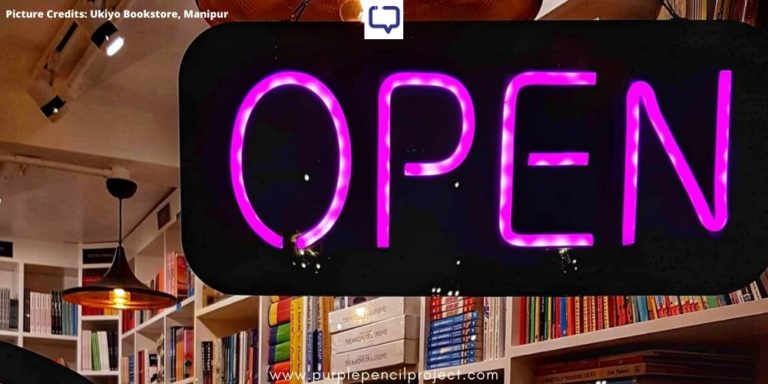
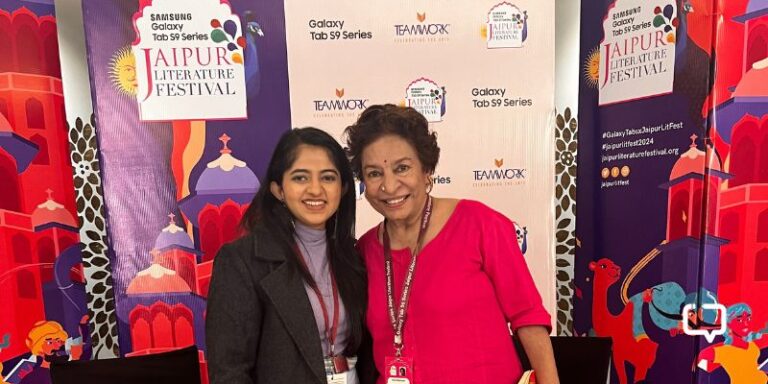



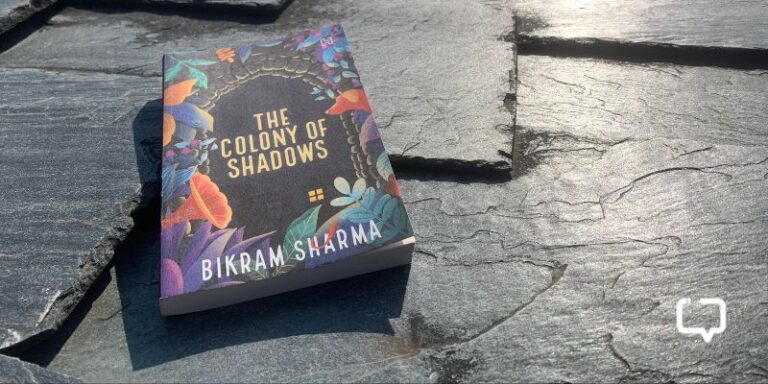
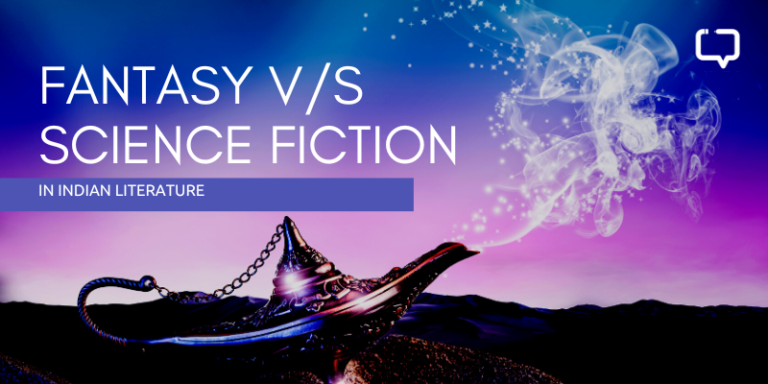

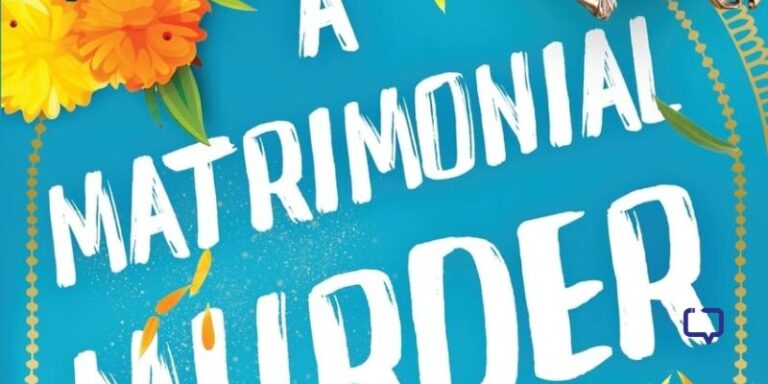
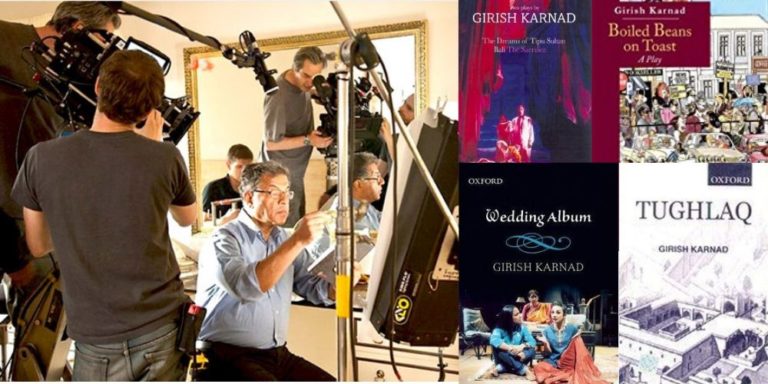

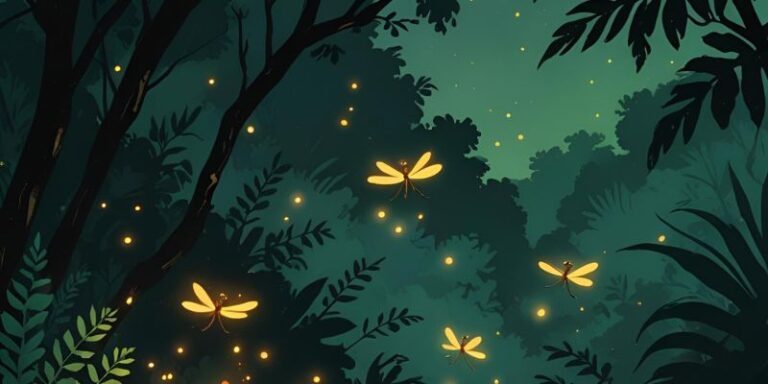

2 Responses
Once again, an insightful review from Priyadarshini.
Agree Rekha, she’s a fantastic reviewer